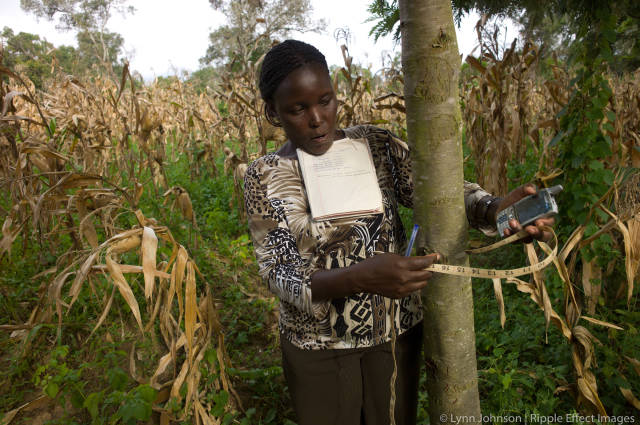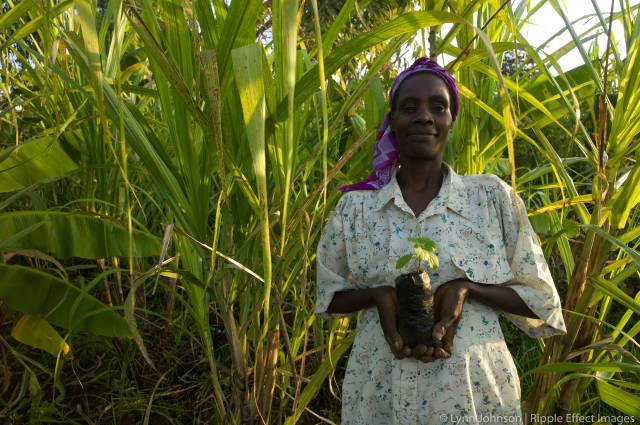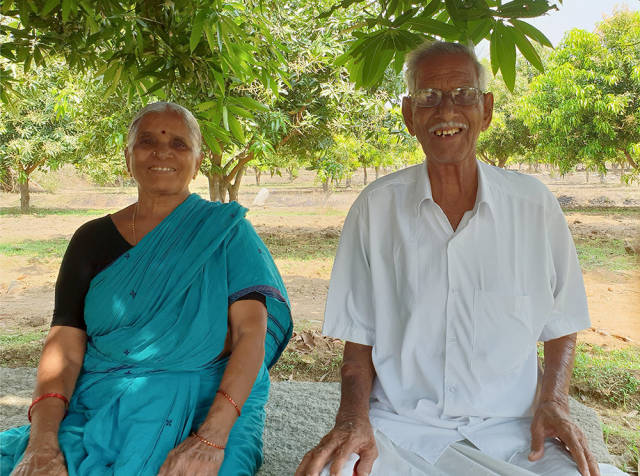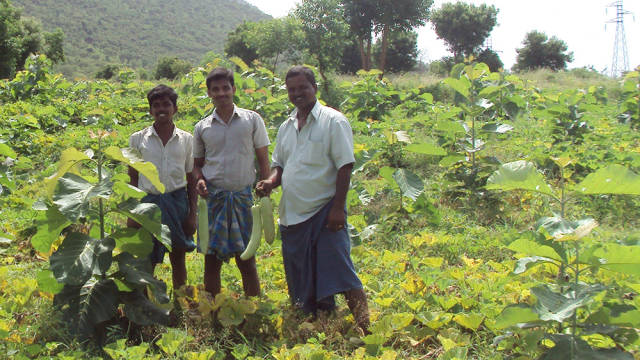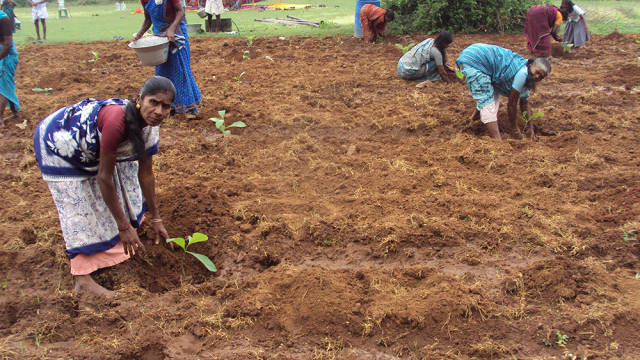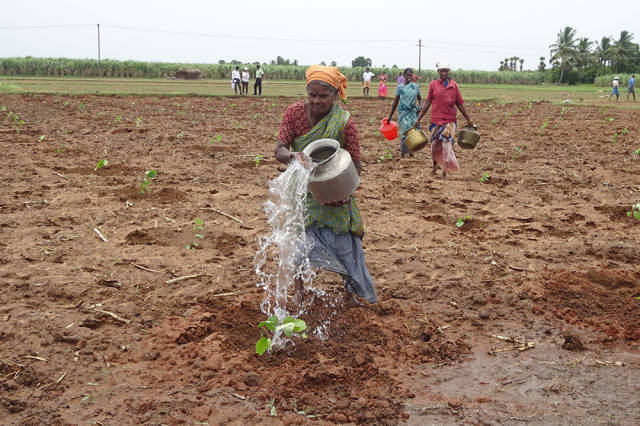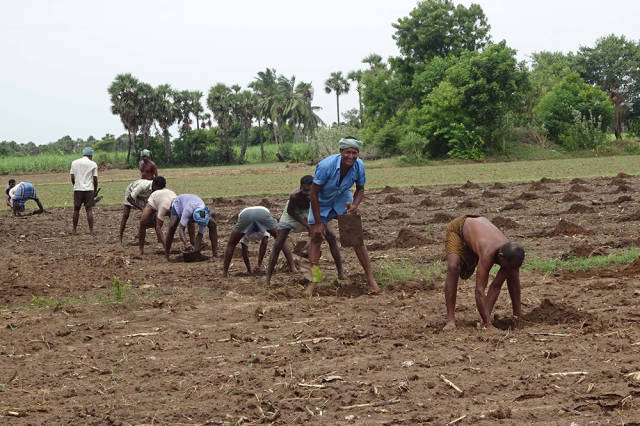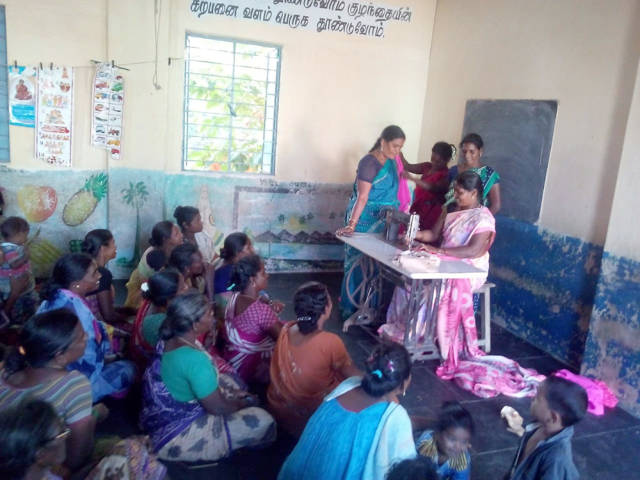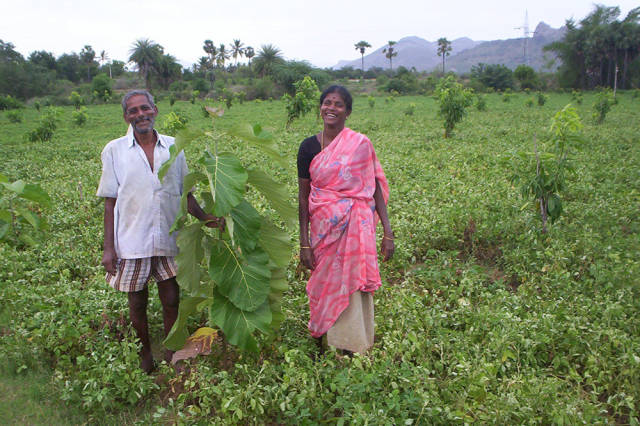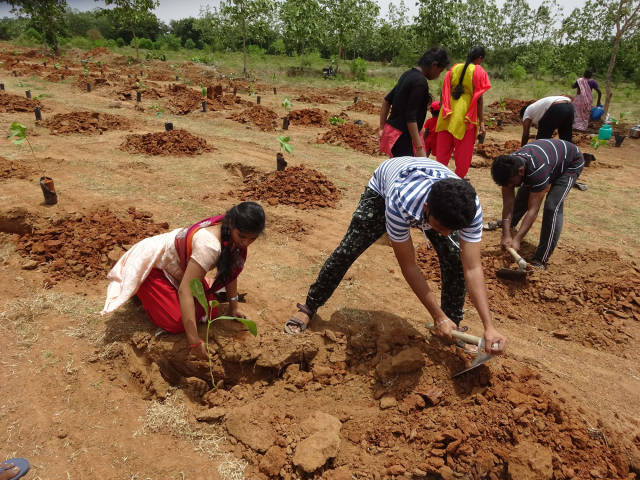The International Small Group and Tree Planting Program (TIST) doubles as reforestation and sustainable development project implemented by small groups of 6-12 farmers in Kenya, Uganda, Tanzania, and India. To date in 2021, TIST’s tree planting efforts have sequestered 6 million tonnes of CO2 while creating sustainable local environments and a potential, long-term, income stream for sustainable livelihoods.
TIST’s ability to scale reflects the community’s response to and efforts for the project: the farmers choose the trees to plant, breaking the cycle of deforestation, drought, and famine, since the trees reduce erosion, stabilize and enrich the soil, and provide shade. In the future, the benefits and income opportunities will expand to include edible fruits and nuts, medicines, windbreaks, firewood and timber.
The project shares 70% of the profits of the program with local farmers which is unusual in the carbon world. This income plus planting trees that provide food, fodder, and shade, help to raise the living standard of the rural population while creating a healthier, cooler more productive environment.
Participation in TIST is voluntary and often sought out by farmers through TIST seminars, training, and cluster meetings. Potential participants seek knowledge on climate change and mitigation approaches at TIST’s community events. TIST also provides agricultural education, nutrition education, and employs those suffering from HIV/AIDs.

